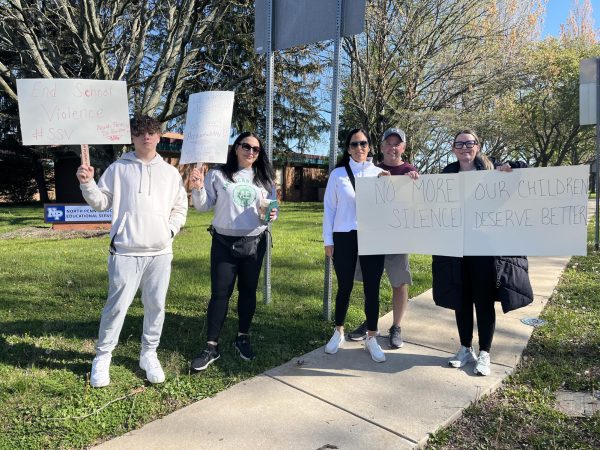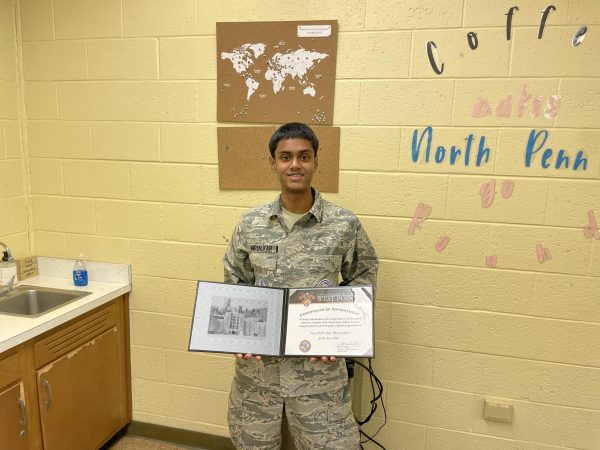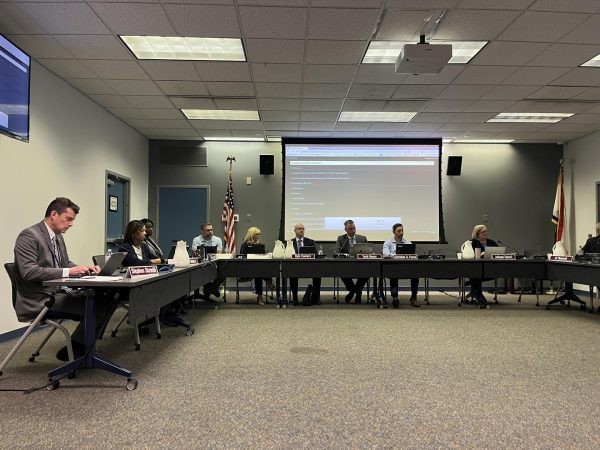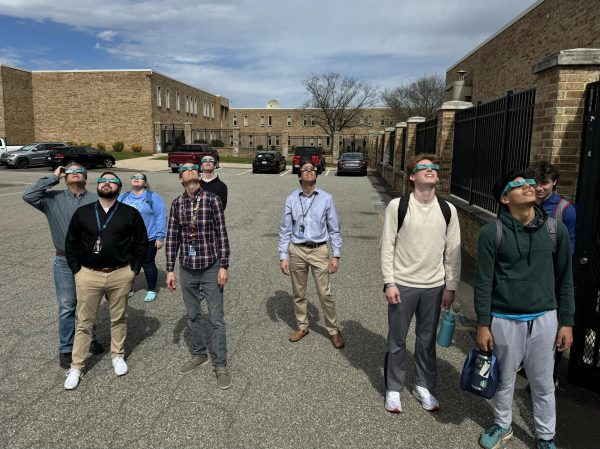Weekly world headlines
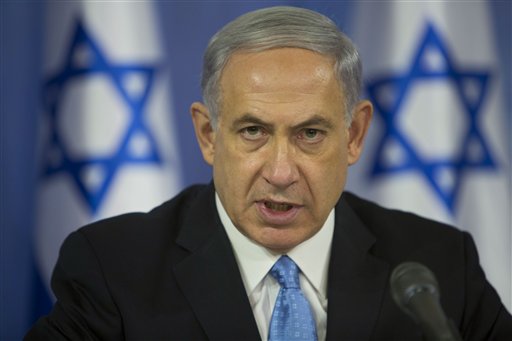
FILE – In this Aug. 2, 2014 file photo, Israeli Prime Minister Benjamin Netanyahu speaks to the media during a press conference at the defense ministry in Tel Aviv, Israel. If Netanyahu can lead his Likud Party to victory and secure a fourth term in office, he will be well on his way to overtaking the nations iconic founding father, David Ben-Gurion, as the longest-ever serving premier _ and cementing a status as the dominant Israeli politician of the past two decades. (AP Photo/Oded Balilty, File)
March 23, 2015
Netanyahu wins Israel’s presidential election
On Wednesday, in a surprise win, Israeli Prime Minister Benjamin Netanyahu ascended to the presidency, invoking both celebration and concern.
Supporters of Netanyahu’s right wing led campaign celebrated the success and the prospect of not creating a single Palestinian state. While much of Netanyahu’s campaign focused on cost-of-living issues, an issue at the heart of young Israelis’ concerns, he also stated clearly that despite pressures from European powers and the US, he would not be working toward a Palestinian state in light of the current situation.
Netanyahu remains in hot water with the U.S. government, as it has been their goal in recent years to establish peace in Palestine and Israel by unifying the Palestinian state. While Republican lawmakers have continued to support Netanyahu, Democrats have tended to be more hesitant, hoping that he will retract his statement against a Palestinian state and reassess his decisions. Communications continue to be made between Washington and Israel and the ultimate outcome is yet to be determined.
For more information: http://www.cnn.com/2015/03/18/politics/benjamin-netanyahu-israel-elections-obama/
Tunisian Museum Attack
Wednesday morning, as deputies in the parliament building neighboring the Tunis Bardo Museum in Tunisia discussed anti-terrorism legislation, multiple gunmen opened fire on tourists outside the museum before going outside.
Authorities were quick to respond to the scene, killing two of the alleged gunmen, but currently the death toll of tourists stands at 23, with foreign victims from Japan, Italy, Columbia, the UK, Spain, Poland, Australia, and France, as well as at least three from Tunisia.
Investigations are ongoing to identify suspects, and currently nine people have been arrested in relation to the attack. It is not clear exactly who directed the attack, but on Thursday social media accounts often acting as reliable sources of Islamic State propaganda claimed that the Islamic State led the attack.
For more information: http://www.bbc.com/news/world-africa-31960926
Amazon drone trials approved
Under US law, the operation of drones for commercial uses is illegal, but after this week, all of that may change. On Thursday, the US Federal Aviation Administration (FAA) granted Amazon a certificate for current pilot license holders to test the unmanned aircrafts developed by Amazon for package delivery.
After requesting permission last July, Amazon finally has the chance to test out their prized new technology, as long as the drones are flown 400 feet or below during daylight hours and remain within sight of the pilot.
Over the long wait for approval in the US, Amazon expressed the possibility of beginning their trials in other countries, but with the go-ahead from the FAA, Americans may be receiving an unmanned aerial vehicle on their front step in the very near future.
For more information: http://www.bbc.com/news/business-31975464
Obama expresses possibility of making voting mandatory
In a town hall meeting in Cleveland, Ohio on Wednesday, President Obama expressed, for the first time publicly, his idea of making voting a mandatory process in the United States.
In the previous 2014 midterm elections, less than 37% of the United States population partook in voting, a measly number for a crucial election and one of the lowest voter turnout rates in developed countries. Currently, 26 other countries have enacted mandatory voting laws, with failing to vote being a fineable offense in Australia and Belgium.
Obama looked to mandatory voting as a possible way to counteract a political scene that seems to be run by the wealthy, claiming, “It would be transformative if everybody voted — that would counteract money more than anything.”
For more information: http://www.cnn.com/2015/03/19/politics/obama-mandatory-voting/index.html
Putin returns to public eye after worrying wait
This Monday, the reappearance of Russian President Vladimir Putin, brought unprecedented importance to a typical meeting between the Russian and Kyrgyz presidents to discuss trade, investment, and cultural and humanitarian co-operation.
Putin, generally prevalent in widespread media, had not been seen or documented in public since March 5th, fueling the rumor mill as many questioned his health and well-being. While Russian officials tried to release photos of the president at work, many were thought by journalists to have been taken days before his disappearance. Rumors ranged from the plausible to the extreme as some questioned whether he had died or even been taken over in a governmental coup. His next public meeting was that scheduled for this past Monday, leaving the world waiting with bated breath to see if he would attend.
Alas, Putin returned for the otherwise ordinary meeting, scoffing at speculations surrounding his health, claiming, “life would be boring without rumors,” but providing no other reasoning for his disappearance from the public eye.
For more information: http://www.bbc.com/news/world-europe-31897304




